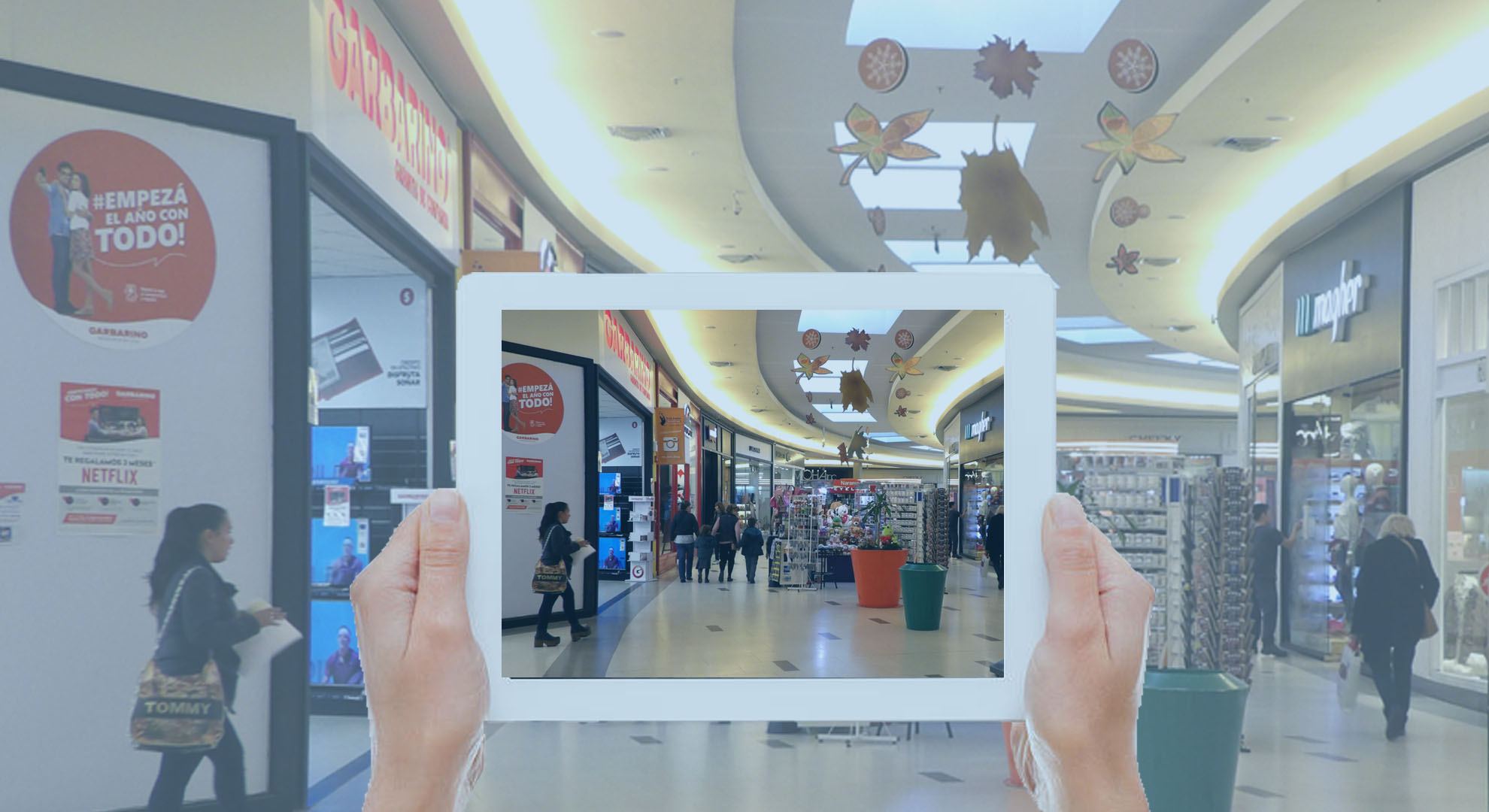Augmented reality is predicted to be a $150 billion industry by 2020, according to researchers. Over the past few years, many technologies are turning fiction into reality. Some of the examples include virtual reality, artificial intelligence, and chatbots. Augmented Reality has gained popularity to drive consumer adoption.
The majority of businesses are hiring augmented reality solutions to develop strong relationships with customers by engaging them. In fact, AR is the next generation of smart glasses and mobile computing. The majority of people might have used AR in the form of Pokémon Go to entertain themselves. However, the usage of AR is far beyond gaming and entertainment. To give you an overview of how AR will be the next game changer, let’s have a look at some statistics revealing the adoption of AR in business.
- 75% of the forecast augmented reality revenues will originate from equipment sales, advertising, and ecommerce.
- $542 million is the largest funding obtained by an augmented reality startup so far.
- The AR software market is expected to reach $35.22 Billion by 2022.
- According to ISACA survey, 73% of Americans stated they knew about the Internet of Things (IoT) and AR markets. This represents a decline of 10% with respect to 2015, suggesting that maybe these markets are becoming more confusing as there are more and more devices.
- Research conducted by Vibrant Media has identified that nearly seven out of ten media planners and buyers (67 percent) want more Augmented Reality and Virtual Reality ads incorporated into digital marketing campaigns. The reason behind the demand is consumer engagement.
It is in fact; talk of the town and a buzzword in business arena where everyone is opting for augmented reality solutions, without caring about the cost. Augmented reality can benefit various businesses and if you haven’t realized the potential, let’s have a look at it.
1. Augmented Reality in E-Commerce & Retail
Augmented reality has proved to be the game changer for e-commerce and retail. Many brands have already adopted AR as means to offer better customer experience by offering them product demo before they buy. For instance, IKEA catalog is an AR app for retail that allows people to have a complete overview of how furniture will look in a particular room or space.
Those who have invested in hiring interior designers would now be able to design their home or office independently. Retailers can make use of AR as means to facilitate customers in a number of ways. For instance, buying clothing and accessories can be daunting and trying each and every item is quite impossible, especially, when there are a number of choices. Customers can try the dress digitally without wearing them. Moreover, AR can also be used for promotional campaigns to drive more customers and generate more sales.
2. Augmented Reality in Manufacturing
Augmented reality in manufacturing can play a vital role in simplifying processes. For example, the engineers have to go through several training sessions in order to manufacture a car, a jet plane or any machinery. With the help of AR glasses, engineers can learn how to assemble a specific product or machine by adjusting parts and accessories.
Moreover, there are multiple problems that arise on the floor where the team requires real-time access with or without their presence on premises. Manufacturing personnel can directly demonstrate the problems to the team of engineers. They can also have a glimpse of KPIs in real time without interfering the production process.
Similarly, manufacturing airbuses and trains require a lot of attention and a little carelessness would result in loss of human lives. The augmented reality can be used to check errors and notify engineers to take serious action.
3. Augmented Reality in Education and Training
Augmented Reality unlocks many opportunities when it comes to education and training. Real life stimulations and demos offer an immersive learning experience. For instance, medical students can perform surgeries without any glitches and harm to the human body.
The same can be applied in the field of engineering where students can test and have a live demonstration of operating equipment and machinery and get to know how complex machinery work. Astronauts can also get training and education before they go on a big mission.
4. Augmented Reality in Travel and Tourism
Augmented reality can revolutionize the traveler’s experience by making the journey hassle free, simple and interactive. Tourists can benefit from the technology by accessing information about a particular place, translating different languages into native one, booking a hotel room and much more.
When it comes to the selection of hotel, tourists might not get what they want after their arrival. However, AR can make it easy for tourists to have a virtual tour of the hotel and other amenities such as spa, pool, and restaurants. Moreover, familiarizing tourists through navigational maps can help them to know the exact location of tourist points.
5. Augmented Reality in Marketing
Storytelling is now the backbone of advertisement and marketing. Augmented reality is here to offer an immersive experience for the viewers to dive deep into what is being offered by the company. For instance, Modiface let you try on eye shadows and other cosmetics without applying them. It would be easier for customers to try on different cosmetics item without the need to remove them before trying the next one.
Augmented Reality Marketing is being widely adopted to offer mesmerizing experience to the people. For instance, AMC Cinemas allow movie geeks to watch the trailer by simply pointing their phone at the poster. It also displays the cast and other information that helps people to know whether it is worth watching or not. The app also allows customers to buy tickets on the go.
Conclusion
Technology is playing a vital role in offering businesses a way to drive more revenue and offer seamless experiences to the customers. Augmented Reality is making its way to disrupt every industry and over the next few years, new businesses will be based on Augmented Reality or supported by AR services.




